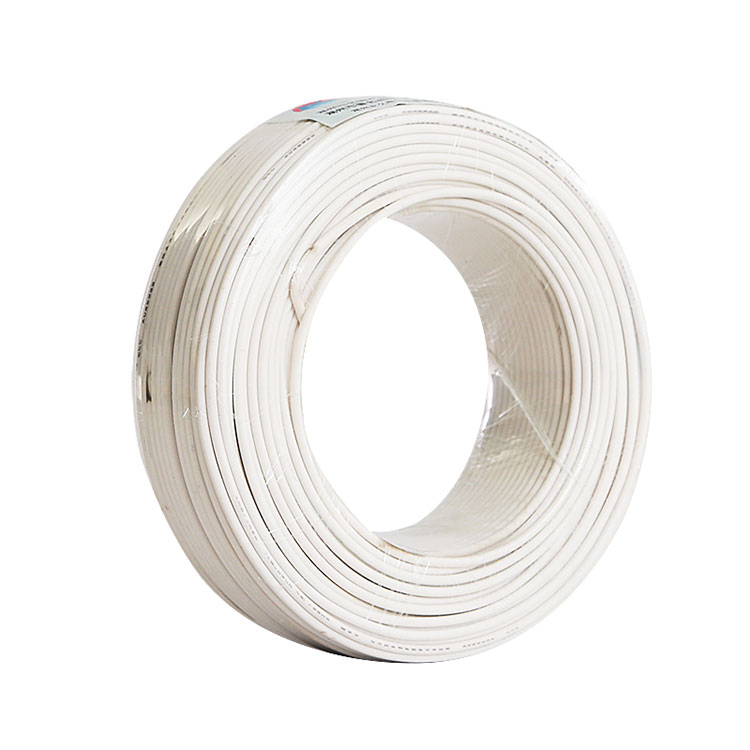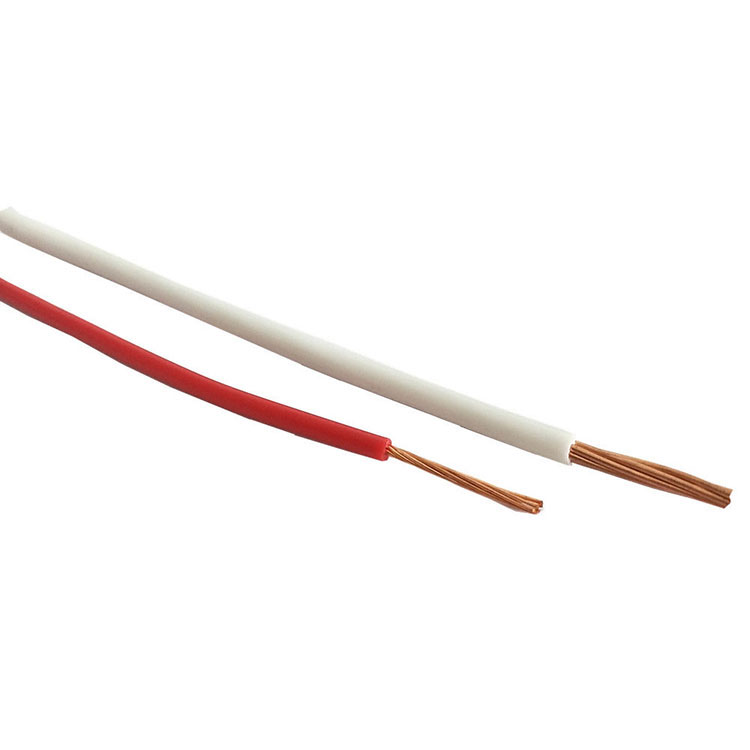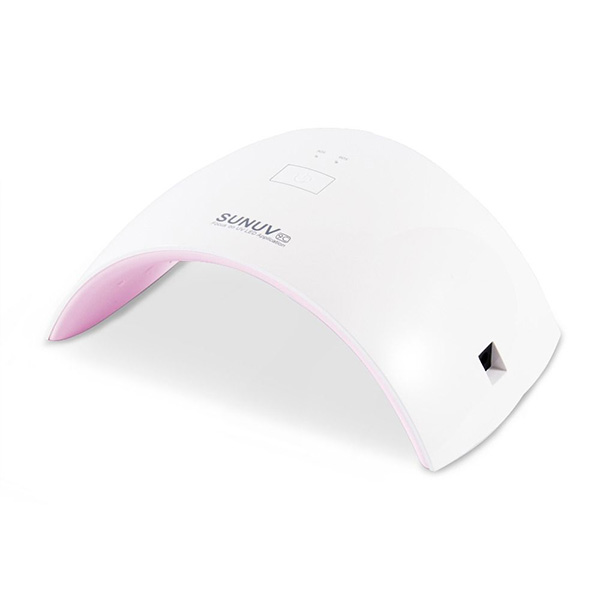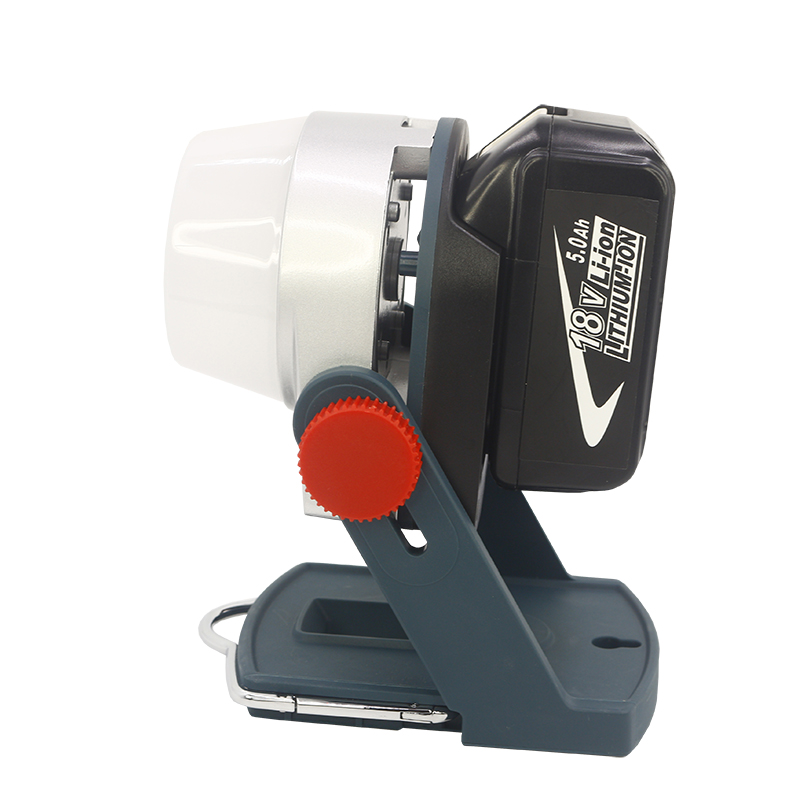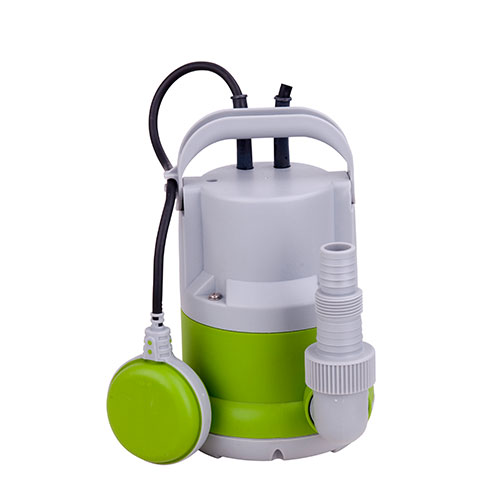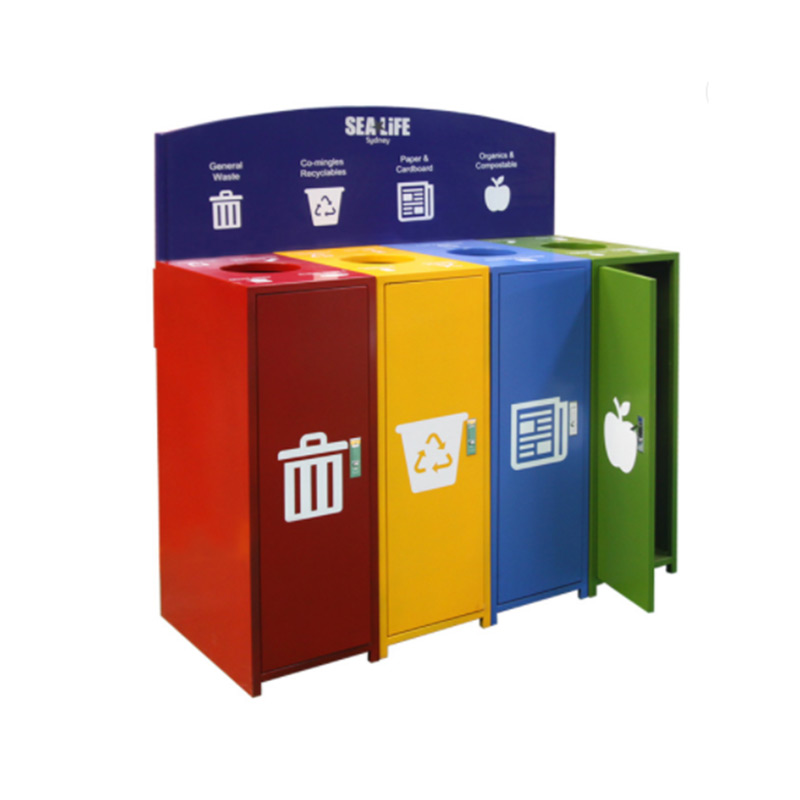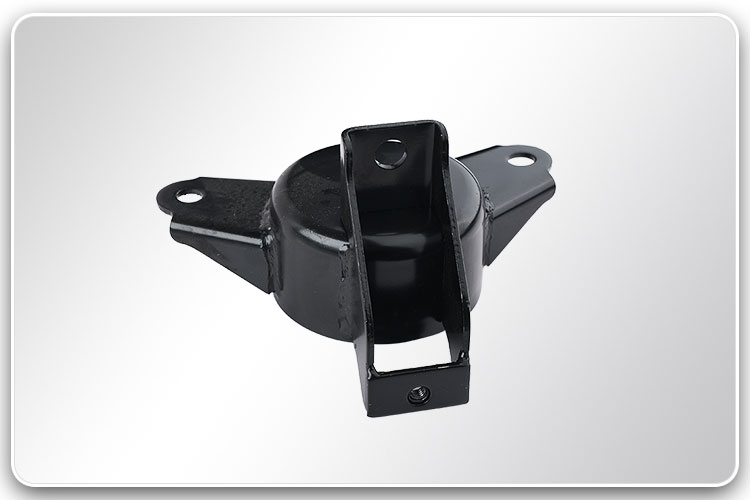Electric Wire and Cable
Electric wire and cable are essential components used in electrical and electronic systems to transmit electrical power and signals. They are made up of conductive materials, typically copper or aluminum, surrounded by various insulating and protective layers. Electric wire and cable come in a wide ......
Send Inquiry
Product Description
Electric wire and cable are essential components used in electrical and electronic systems to transmit electrical power and signals. They are made up of conductive materials, typically copper or aluminum, surrounded by various insulating and protective layers. Electric wire and cable come in a wide range of types, sizes, and configurations to suit different applications and environments.
Here are the key components and types of electric wire and cable:
1. Conductors: The conductors are the central core of the wire or cable and carry the electrical current. Copper and aluminum are the most common materials used due to their high conductivity. Copper is preferred for most applications because of its superior conductivity and lower resistance.
2. Insulation: Insulation is a non-conductive material that surrounds the conductor, providing electrical isolation and preventing short circuits. Common insulation materials include PVC (Polyvinyl Chloride), XLPE (Cross-Linked Polyethylene), rubber, and Teflon (PTFE).
3. Shielding (optional): Some cables used in sensitive applications or areas with electromagnetic interference (EMI) may have shielding layers. Shielding protects the signal from external interference and helps maintain signal integrity.
4. Jacketing: The outer layer, or jacket, of the cable protects the internal components from mechanical damage, moisture, chemicals, and environmental factors. Jackets are typically made of materials like PVC, polyethylene, or thermoplastic elastomer (TPE).
Types of Electric Wire and Cable:
1. Power Cables: These cables are designed to carry electrical power from one point to another, providing energy to various devices and systems. They are commonly used in buildings, power distribution grids, and industrial applications.
2. Control Cables: Control cables are used for transmitting control signals between devices, such as switches, sensors, and actuators. They are widely used in industrial automation and machinery.
3. Communication Cables: These cables facilitate the transmission of data and signals for communication purposes. Examples include Ethernet cables for computer networks and coaxial cables for TV signals.
4. Instrumentation Cables: Instrumentation cables are used to transmit low-level signals from sensors and measurement devices to control systems and instruments.
5. Automotive Cables: As mentioned earlier, automotive cables are designed for use in vehicles to control various systems and components.
6. Specialized Cables: There are numerous specialized cables designed for specific applications, such as fire-resistant cables, submarine cables, fiber optic cables for high-speed data transmission, and more.
It's crucial to choose the right type of wire and cable for specific applications to ensure safety, reliability, and optimal performance. When selecting cables, factors like current-carrying capacity, voltage rating, environmental conditions, and regulatory standards should be considered. Additionally, it is essential to follow appropriate installation practices to maintain the integrity of the electrical system.
